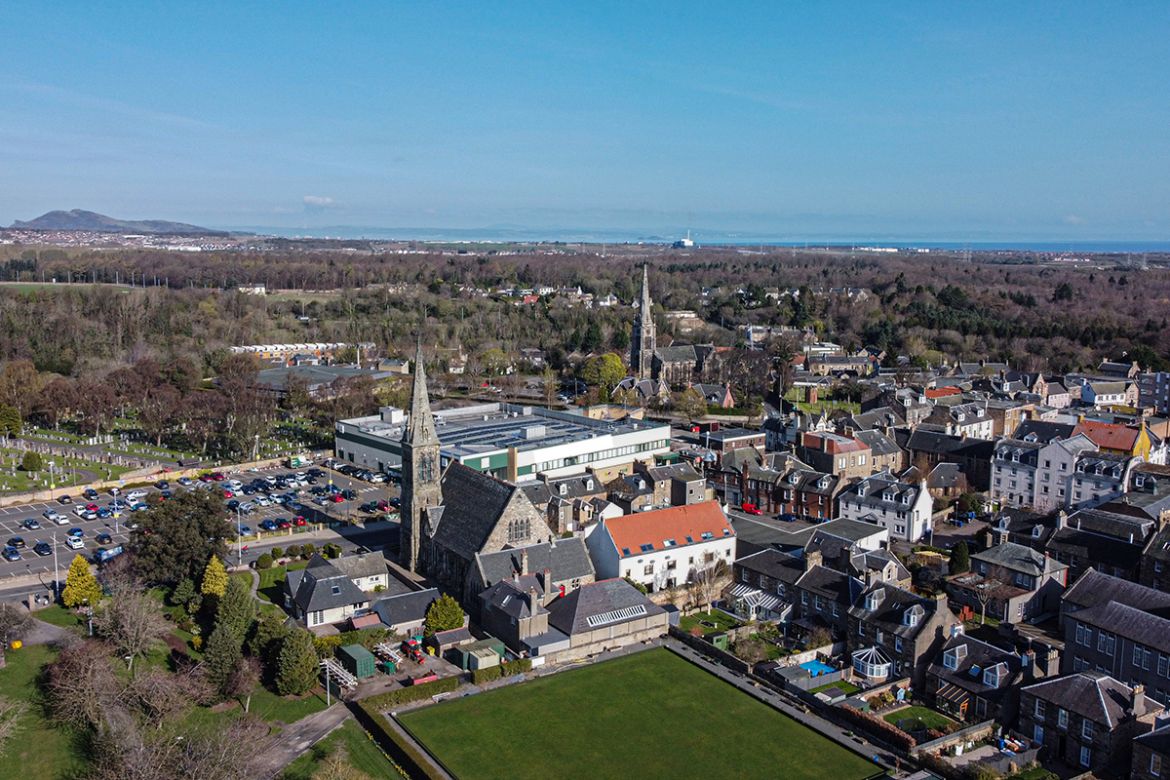The Project Town of Dalkeith had the opportunity to undertake a Place and Wellbeing Assessment of the Single Midlothian Plan, which Midlothian Council is in the process of renewing, to ensure all aspects of place are considered in the next version.
Input from the Shaping Places for Wellbeing Programme has helped to strengthen the facilitation of this work and has also identified specific actions to strengthen links with other local initiatives and target work to reduce inequalities. Specific impacts include:
- Strengthened partnerships through collaborative working in order to share expertise and perspectives with plan writers and to fully consider and embed all aspects of place
- The assessment process gave the plan authors an opportunity to reflect and consider the positive benefits of certain policy decisions on local living and the health and wellbeing of the population, which the Single Midlothian Plan further supported
- With plans to undertake two more Place and Wellbeing Assessments in Dalkeith, strategic to community levels will be worked across, helping to further support and embed place-based approaches across the work being undertaken in Dalkeith

Our story so far
Midlothian Council is in the process of renewing its Single Midlothian Plan, which brings together the key priorities for Midlothian into one place. This provided an excellent opportunity to carry out a Place and Wellbeing Assessment of this key document when it was in the draft stage, to ensure the next iteration considered all the aspects of place that enable people to thrive. The purpose of an assessment is to consider the potential impacts of a plan or proposal on a place, to help mitigate adverse impacts, enhance positive ones and reduce social and economic inequality.
The discussion brought a wide range of stakeholders together, including those who were involved in the writing of the plan, Steering Group members and other stakeholders. The assessment session enabled them to share their expertise and perspectives on how the draft plan met the Place and Wellbeing Outcomes and what the plan's potential impacts were on place. It brought people together who wouldn’t have had the opportunity to contribute, and let them share their expertise with the plan writers.
The assessment process gave the authors of the plan an opportunity to reflect and consider the positive benefits certain policy decisions around local living had on the health and wellbeing of the population, how they could support reducing inequalities and the potential climate benefits. The Single Midlothian Plan could provide supportive clarity on the role of place in this.
The conversation highlighted a number of ‘threads’ that ran through the document such as:
- Active travel linking in with climate ambitions, together with how it could prevent people becoming frail, leading to healthier lives.
This is an example of the opportunities it highlighted to strengthen partnership working and take a place-based approach in Midlothian. The plan covered many of the outcomes and it was recognised that due to the high level of work activity being undertaken, the plan couldn’t include everything.
A report was produced which captured recommendations so that the future plan could have an even more positive impact on place and wellbeing. The recommendations in the report from the assessment will now be explored to highlight where the Shaping Places for Wellbeing Programme can support, and an evaluation of the assessment process will take place.
Two more Place and Wellbeing Assessments have been undertaken in Dalkeith. They include:
- Dalkeith Regeneration Development Framework
- Central Dalkeith and Woodburn Community Action Plan
By working across these three different levels from strategic to community, this will help support embed place-based approaches across the work happening in Dalkeith.
Great learning about how to undertake a place-based approach and looking at the more detail in the Place and Wellbeing Outcomes. That connection and taking more time to think about it.
-
Shaping Places for Wellbeing Programme
The Shaping Places for Wellbeing Programme is a joint delivery partnership between the Improvement Service and Public Health Scotland. This forum is for those interested in our work supporting the role of place to reduce inequality and improve the wellbeing of people and planet.
-
Place Network
For those interested in the importance of place as a working approach to delivering national outcomes around improved wellbeing and inclusive growth.